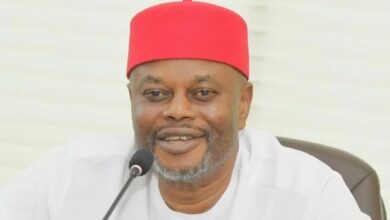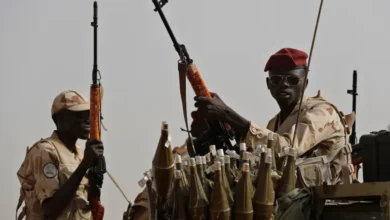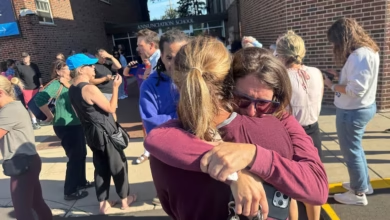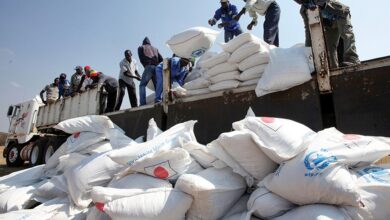
In a powerful and symbolic ceremony, Pope Leo XIV—the first American to lead the Catholic Church—was officially installed as the 267th Pope during an inaugural Mass attended by world leaders and a crowd of over 200,000 in St. Peter’s Square.
The Chicago-born Pontiff, formerly Cardinal Robert Francis Prevost, used the occasion to issue a passionate appeal for global unity and peace, emphasizing the Church’s role as a unifying force not through dominance or ideology, but through “loving.” His message underscored inclusivity, compassion, and a deep respect for cultural and religious diversity.
“This is the missionary spirit that must animate us,” Pope Leo declared in his multilingual homily, delivered in Italian with readings in English, Spanish, Latin, and Greek. “We are called to offer God’s love to everyone… to achieve that unity which does not erase our differences but honors them.”
Pope Leo, who holds dual citizenship in the U.S. and Peru, also referenced his missionary past, suggesting a global vision grounded in humility and service rather than hierarchy.
A Gathering of Global Leaders
The historic Mass drew an impressive roster of international dignitaries. From the U.S., Vice President J.D. Vance and Secretary of State Marco Rubio were among the attendees. Ukrainian President Volodymyr Zelensky and his wife, Olena, were also present and held a private meeting with the Pope afterward.
Other notable guests included Australian Prime Minister Anthony Albanese, Canadian Prime Minister Mark Carney, and representatives from the U.K. royal family, European Union, and several Latin American countries.
The visible presence of diverse flags—from American to Palestinian—reflected the truly global significance of the occasion and the inclusive vision of the new Papacy.
Symbols of Office and a Plea for Peace
During the Mass, Pope Leo received two traditional symbols of papal authority: the white wool pallium, laid upon his shoulders, and the fisherman’s ring, placed on his finger—both signifying his succession from St. Peter.
In a moving segment of his homily, the Pope addressed modern global crises, citing war, poverty, prejudice, and environmental destruction. He specifically named the suffering in Gaza and the ongoing war in Ukraine, pleading for a return to negotiations and an end to violence.
“For our part, we want to be a small leaven of unity, communion, and fraternity within the world,” he said. “This is the hour for love… If only the whole world embraced that, would not every conflict cease, and peace return?”
As Pope Leo XIV waved to the cheering crowd from the Popemobile, his words carried a renewed hope—that in an increasingly divided world, love could be the guiding light toward reconciliation and peace.



